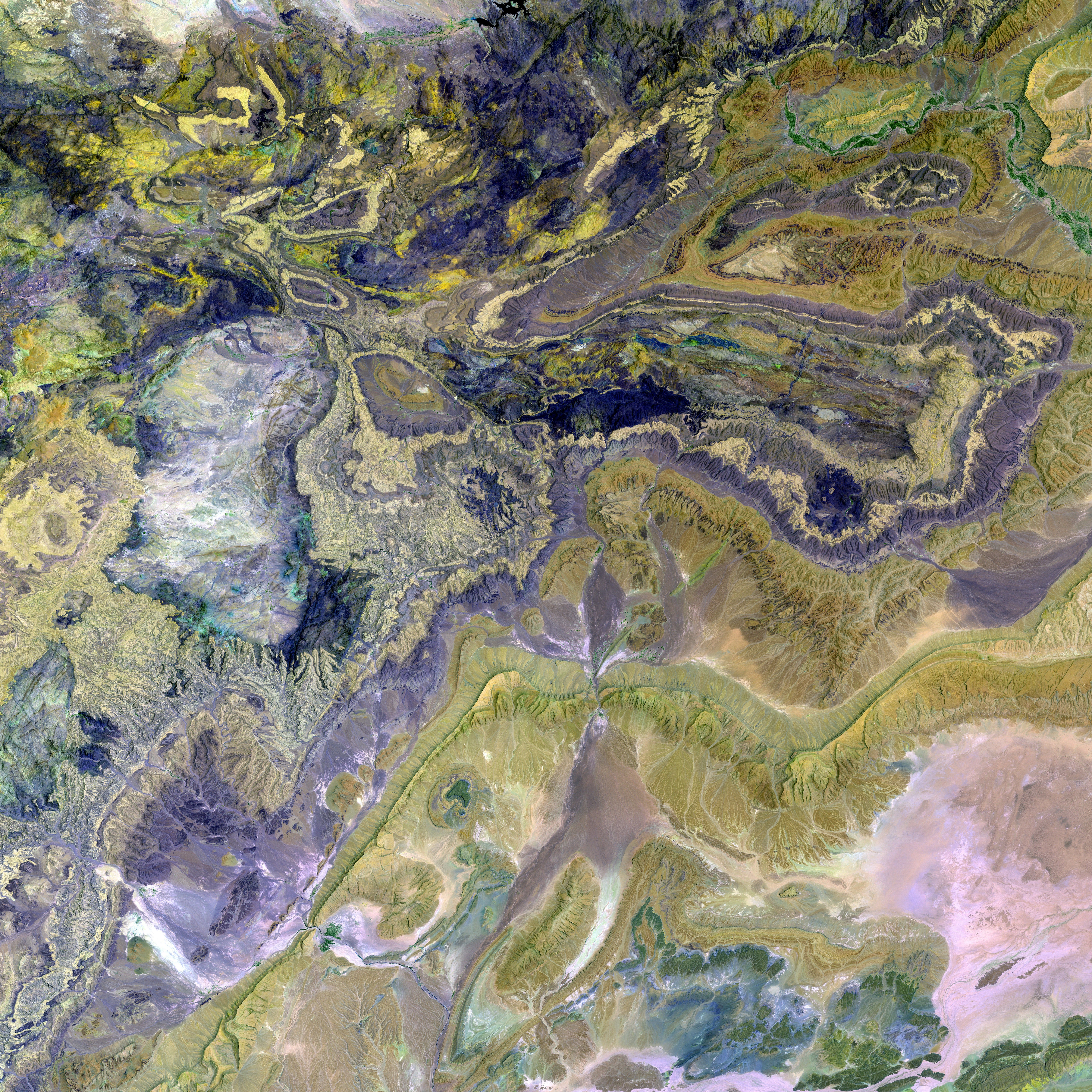AI-Powered Movies Gain Traction in Oscar Race: Academy Expands Eligibility Criteria
AI and the Film Industry: A Shifting Landscape
Hollywood is stepping into uncharted territories, embracing Artificial Intelligence (AI) as a new ally in the film-making process. This move marks a significant milestone as films using AI techniques can now compete for the prestigious Oscar. But note, the artistic essence must still be humancrafted.
As we stand at this inflection point, AI-infused productions like "The Brutalist" and "Emilia Pérez" from the recent Golden Globes have stirred discussions. In "The Brutalist," AI lent a hand to perfect the Hungarian accents of the actors, while singing voices in "Emilia Pérez" received a refining touch from AI.
Not everyone in Tinseltown is overjoyed, though. The creeping influence of AI in creative spheres has sparked heated debates. Even the 2023 Writers Guild strike echoed deep-seated fears that AI could displace human jobs. Actors too, have started to voice their concerns about losing their roles to machines.
With the new Oscar rules, the Academy acknowledges the looming presence of AI, which has long been a part of cinema's production process. Whether AI-assisted works will eventually take home Oscars remains uncertain. But what's undeniable is - a new era has dawned.
AI sneaks its way into almost every stage of film-making, from scriptwriting to visual effects and post-production. Innovative AI tools offer assistance with conceptualizing ideas, drafting scripts, fine-tuning camera movements, suggesting wardrobe choices, and even creating storyboards. This revolution has made filmmaking cost-effective and accessible, especially for independent creators.
Meanwhile, in the realm of post-production, AI plays a pivotal role in visual effects, background removal, CGI rendering, motion capture, animation, and more. Studios also capture the pulse of their audiences through AI analytics to tailor marketing strategies and inform content production.
However, the integration of AI is not without debate. The 2023 Writers Guild strike is a testament to these concerns, with the writers fearing that AI systems, which are trained on copyrighted scripts, might generate derivative works without due acknowledgement or compensation.
Intellectual property rights, labor issues, and ethical considerations are all intertwined in this dialogue. AI challenges existing IP frameworks, prompting debates about who owns AI-generated content, the posthumous use of digital likenesses, and the protection of artists' rights.
Critics voice concerns that AI might lower film quality by mass-producing generic content devoid of emotional resonance, cultural nuance, and human creativity. Additionally, AI's AI's tendency to replicate past biases may perpetuate stereotypes and stifle originality.
As AI becomes an increasingly prominent player in the film world, discussion revolves around the acceptance of AI-created or AI-assisted works in prestigious awards like the Oscars. Until concrete guidelines and standards are set to address authorship and creative contribution, the future of AI-aided Oscar-winning films stays speculative. However, the success of films like The Safe Zone, which leveraged AI for multiple creative aspects, points towards a future where AI could very well be openly acknowledged as a vibrant creative partner.
Artificial Intelligence (AI) is not only refining singing voices in productions like "Emilia Pérez," but also aiding in perfecting accents, such as the Hungarian accents in "The Brutalist." As the film industry continues to integrate AI, it raises questions about the future of creative jobs and the possible impact on Oscar-winning films.
Debates persist concerning AI's ability to generate derivative works without due acknowledgement or compensation, as illustrated by the 2023 Writers Guild strike. This integration of AI challenges existing intellectual property frameworks and prompts discussions about authorship, creative contribution, and the future of AI-aided Oscar-winning films.




